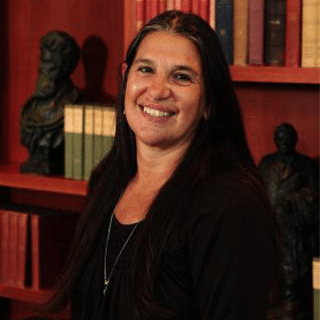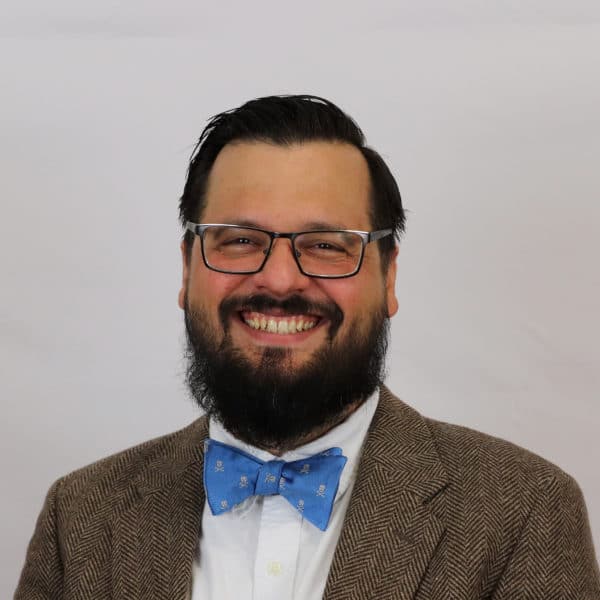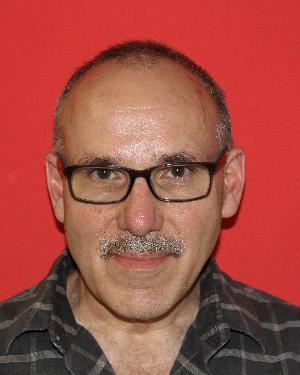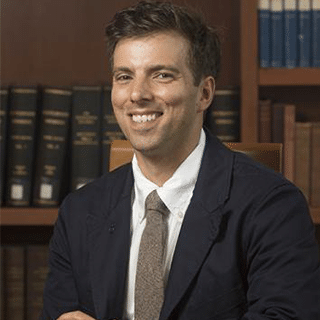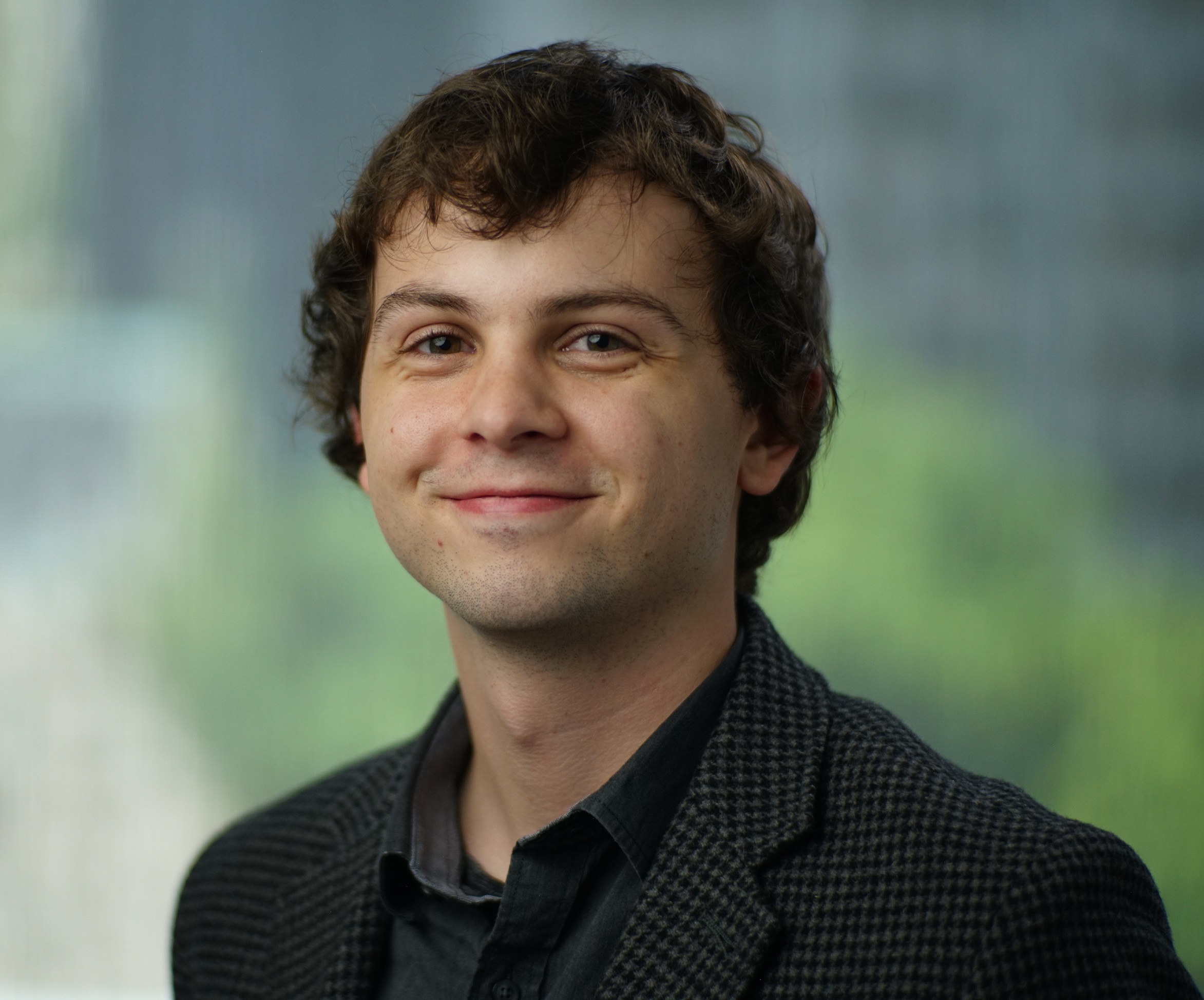Religious Studies and Philosophy (including Religious Education)
As you enter college, you have been exposed to nearly all subjects covered in the college curriculum, with two notable exceptions: philosophy and religious studies.
These two related fields are undoubtedly complicated, but they are absolutely foundational for a robust understanding of human experience, which is a big part of what you come to a liberal arts college to gain.
Philosophy is, quite simply, the love of wisdom. Philosophy is an attitude of ‘wonder’ toward the world. It is about formulating excellent questions, rather than finding complete answers, and because of this ambiguity, philosophy can be frustrating at first. Yet everyone operates from a basic philosophy, or a set of assumptions about life, death, human nature, right and wrong, etc. Thus the question posed by philosophy (and religion) is: what set of assumptions make the most sense of the world outside and within? Are these universal truths, or are they relative to the individual or culture? These are profoundly challenging human questions from which we cannot escape. We invite you to continue your quest for wisdom and truth during your education at Davis & Elkins College.
Religion comes from a Latin verb meaning “to tie down or to bind.” So, the study of religion is simply exploring the numerous things to which people, across culture and history, have chosen to ‘tie’ or ‘bind’ themselves. For example: “I choose to follow/bind myself to the Noble Eightfold Path of the Buddha.” For many people, this ‘tying down’ or ‘binding’ is (also) an experience – “I experience myself to be bound by the love of Christ.” Religions today intermingle profoundly, even in rural West Virginia, and we seek to explore their lived realities. While Davis & Elkins College has a proud Christian history and association with the Presbyterian Church (U.S.A.), we have students, staff and faculty representing Buddhism, Judaism, Hinduism, Islam and non-theism. Each of these traditions reflect a combination of a choice and an experience of the power of something Other, to which we bind ourselves, or by which we experience ourselves to be bound. Thus, the study of religion concerns itself primarily with the breadth of human experiences of the divine Other.
What We Do/Study
Despite being a small program, we offer a wide variety of courses, including:
- Hebrew Bible/Old Testament
- New Testament/Gospels
- Bible as Literature
- World Religions
- Comparative Religious Ethics
- Islam and Modernity
- Hinduism and Buddhism
- Faith and Doubt
- Renaissance and Reformation
- Psychology of Religion
- Sociology of Religion
In addition, the program has offered Biblical Greek and German.
At D&E we like to emphasize service learning as a key element of the Philosophy and Religious Studies Program. Recent trips to Kenya and Nicaragua, as well as a Chaplain’s Office-led service trip to Mingo County, W.Va., and elsewhere expose D&E students to different cultures, social realities and religious practices.
Careers
Philosophy and religious studies are both the subject of jokes about academic impracticality, and not entirely without merit. A major in philosophy and religious studies does not directly prepare you for any particular career – even as a philosopher or religious professional. What the major does do is to train you to think critically and empathically across a wide variety of perspectives and cultures, a life skill which is invaluable personally, and, increasingly, to businesses. Some majors go on to graduate or professional (seminary) school, but many go on to law school and even business. As the world becomes increasingly globalized and technology changes, employers are looking for employees who can think on their feet, and who know something basic about the cultures in which businesses are growing fastest, like India and China. A course or more in world religions and critical thinking, for example, can make a difference.
Helpful Links
Leading the Way.
Department Directory
Lead the Way at D&E. Contact us today.
